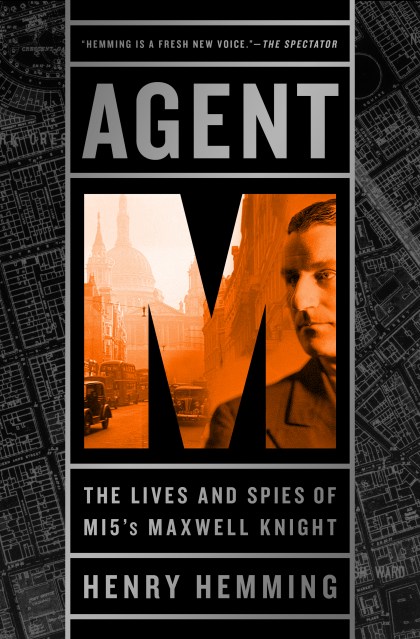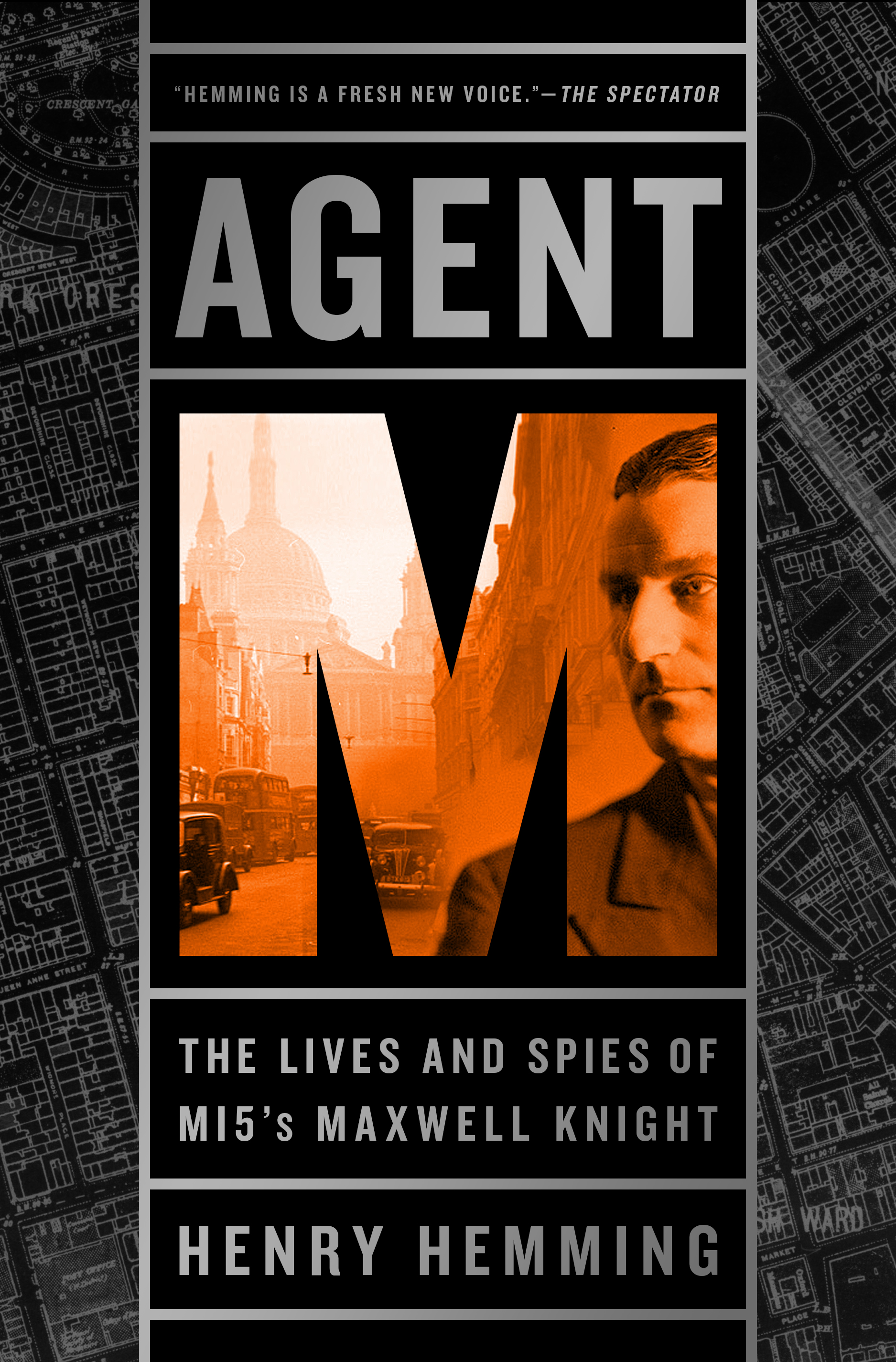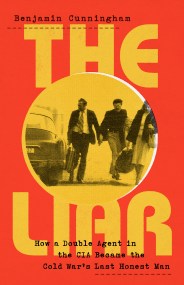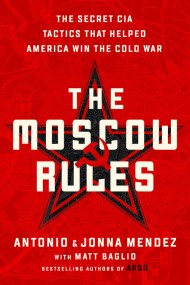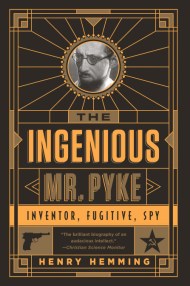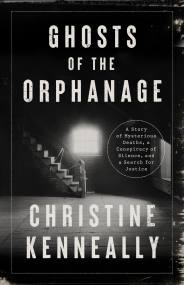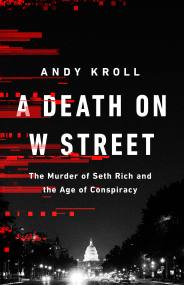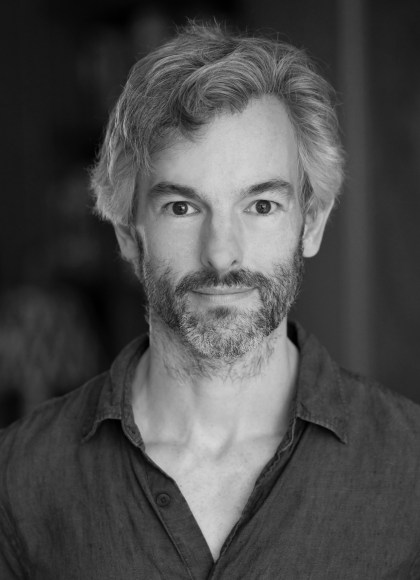Promotion
Use code MOM24 for 20% off site wide + free shipping over $45
Agent M
The Lives and Spies of MI5's Maxwell Knight
Contributors
Formats and Prices
Price
$17.99Price
$22.99 CADFormat
Format:
- Trade Paperback $17.99 $22.99 CAD
- ebook $12.99 $15.99 CAD
- Hardcover $28.00 $36.50 CAD
- Audiobook Download (Unabridged)
This item is a preorder. Your payment method will be charged immediately, and the product is expected to ship on or around September 3, 2019. This date is subject to change due to shipping delays beyond our control.
Also available from:
Maxwell Knight was perhaps the greatest spymaster in history. He did more than anyone in his era to combat the rising threat of fascism in Britain during World War II, in spite of his own history inside this movement. He was also truly eccentric — a thrice-married jazz aficionado who kept a menagerie of exotic pets — and almost totally unqualified for espionage.
Yet he had a gift for turning practically anyone into a fearless secret agent. Knight’s work revolutionized British intelligence, pioneering the use of female agents, among other accomplishments. In telling Knight’s remarkable story, Agent M also reveals for the first time in print the names and stories of some of the men and women recruited by Knight, on behalf of MI5, who were asked to infiltrate the country’s most dangerous political organizations.
Drawing on a vast array of original sources, Agent M reveals not only the story of one of the world’s greatest intelligence operators, but the sacrifices and courage required to confront fascism during a nation’s darkest time.
Genre:
-
"The dramatic story of the remarkable British spymaster...Many spy stories are page-turners, but [Henry Hemming] proves that the story of one man can be equally thrilling. Hemming has uncovered a man determined not to be known and in so doing, has provided us with delightful reading."
-Kirkus Reviews -
"Espionage writing at its best."
-Charles Cumming, author of A Divided Spy -
"Crammed with cracking stories and founded on sound research, Henry Hemming's biography of Maxwell Knight-'M'-stands comparison with the bestselling books of Ben Macintyre."
-Adam Sisman, author of John Le Carré -
"I raced through Henry Hemming's book, constantly having to remind myself that it wasn't a work of fiction. It really has everything you'd want from a great espionage story: incredible agents risking their lives; the highest possible stakes, with the safety of the world hanging in the balance; and at its heart a complicated, mercurial spy master in Maxwell Knight spinning an ever more intricate web."
-Matt Charman, Oscar-nominated screenwriter of Bridge of Spies -
"Absolute proof that assiduous digging in the archives can produce scoops. This is intelligence research at its best, especially in the identification of hitherto anonymous agents. Definitely a great contribution to the literature."
- Nigel West, author of MI5 -
"This in-depth introduction illuminates a largely forgotten man of antidemocratic tendencies who played a key role in keeping Britain secure and democratic for much of the interwar and early postwar periods."Publishers Weekly
- On Sale
- Sep 3, 2019
- Page Count
- 384 pages
- Publisher
- PublicAffairs
- ISBN-13
- 9781541724440
Newsletter Signup
By clicking ‘Sign Up,’ I acknowledge that I have read and agree to Hachette Book Group’s Privacy Policy and Terms of Use
